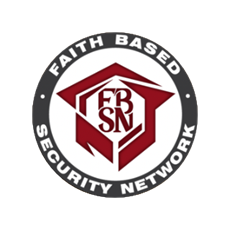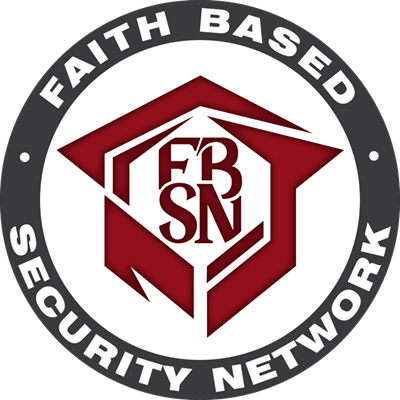Rise And Go
- Think About It Rise And Go
A friend recently confided in me some of the awful details his entire leadership staff was hit with. Serious medical, relational and other issues had hit his whole leadership team all in one week; a coordinated attack.
I asked him a few days later how they were doing. He said they were all, “working their way through the stuff.”
I responded back, “that’s what victors do.”
I understand good people can be overwhelmed and feel like a victim at times. Most of us have been there for a season. It happened to David many times (2 Samuel 22:5 and many times through the Psalms;18:4, 38:4, 55:5, 88:3 & 7). It even happened to Jesus (Matthew 26:38).
My word study on overwhelmed however, showed a consistent model with each of those scriptures mentioned above. Every time (not some, not most but every time) David acknowledged feeling overwhelmed, he asked God for help.
Jesus was overwhelmed briefly, then after praying, said, “… rise, let’s go.”
There is a prevalent model around us today however, that encourages pro-longed (even incurable life-long) sorrow. Most of us know some who use a tragedy (or tragedies) in their life to continuously solicit sympathy, then assign blame to anyone who tries to help them.
The prolific songwriter / philosopher Kris Kristofferson wrote (in his song, “Don’t Cuss the Fiddle”), “I found a wounded brother drinkin' bitterly away the afternoon. And soon enough he turned on me, like he'd done every face in that saloon.”
That’s poetic insight to how it can go when we try to help someone who chooses to stay overwhelmed instead of overcoming.
Think About it
It’s like trying to talk someone off burning hot coals under their bare feet. Instead of listening and walking to the cool grass we are showing them, they yell back in despondence, “NO! You don’t know what it’s like over here and I hope you never do!”
I understand we are to encourage those going through dark times. But what do we do when they refuse to rise and go?
Jesus told the inquisitive ruler what he needed to do to gain everlasting life, but that man was overcome with sorrow at the answer. It appears Jesus walked away from him (Luke 18: 18-29).
Sometimes, that’s all we can do.
Related Content





Comments